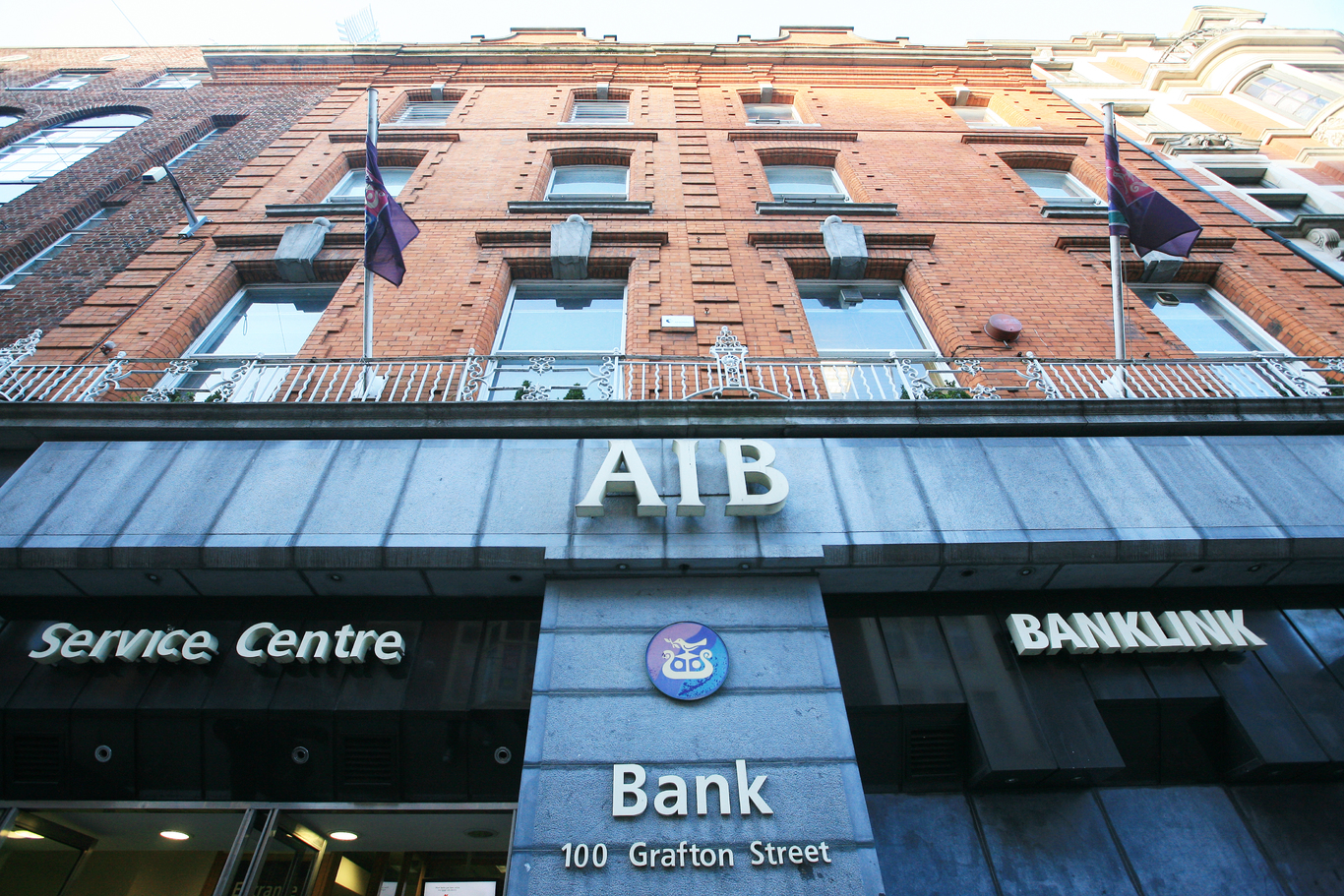A new business lender is expected to shake up the Irish banking market next year
The state’s SME financier hopes the move will drive down borrowing costs for firms.
A NEW COMMERCIAL lender is expected to move into the Irish market next year, in a move that it is hoped will provide competition to the dominant pillar banks.
Nick Ashmore, the head of the Strategic Banking Corporation of Ireland (SBCI), which was set up to provide low-cost funding for SMEs, said that introduction of another major financier for businesses would help reduce borrowing costs.
Ireland is one of most expensive countries in the EU for small businesses to borrow money.
“I don’t think we’re seeing in competition in pricing at the moment at the level that it could be, so that’s why we’d love to bring in a new lender into the market to get the banks to raise their game,” Ashmore said.
Asked if the SBCI would like to draw another player into the Irish market in the near future, Ashmore said: “We would. We’ve been engaging with a number of them in the UK. I think it’s going to be next year.”
Competition
He added that he expected the introduction of a new lender to help drive competition with the banks, pointing to global investment firm Blue Bay Asset Management’s entrance to the Irish market.
The company paired up with the National Pensions Reserve Fund to launch a €450 million fund for SMEs in 2013.
“A little competition does a lot of good. We’ve already seen that when Blue Bay was brought into the market about three years ago and that had an immediate impact on competition,” he said.
Ashmore was speaking at the launch of the SBCI’s annual report, which showed that the number of SME loans drawn down from the organisation doubled during the first half of the year, rising from €172 million in January to €347 million by the end of June.
 SBCI chief executive Nick Ashmore
SBCI chief executive Nick Ashmore
The SBCI provides cheaper money to commercial lenders, such as banks, which are then meant to pass on the savings to the businesses that apply for the loans.
The state body itself gets its cheaper funding from several sources, such as the European Investment Bank and Germany’s government-owned development bank, the KfW.
More money
So far the SBCI has received about €800 million in funding. The vast majority of this has already been allocated to various lenders, with €600 million going to Bank of Ireland and AIB.
The SBCI has also paired up with some alternative lenders to introduce different products from those on offer from the main lenders, such as the €45 million invoice financing fund launched last week.
Ashmore says that the organisation expects to get more money in the near future, saying: “At the moment we have €800 million, we have two facilities in the pipeline that will add more than 50% to that, so another €400-plus million.”
The SBCI said that 8,619 companies have used its loans, which it says supported over 43,000 jobs.






